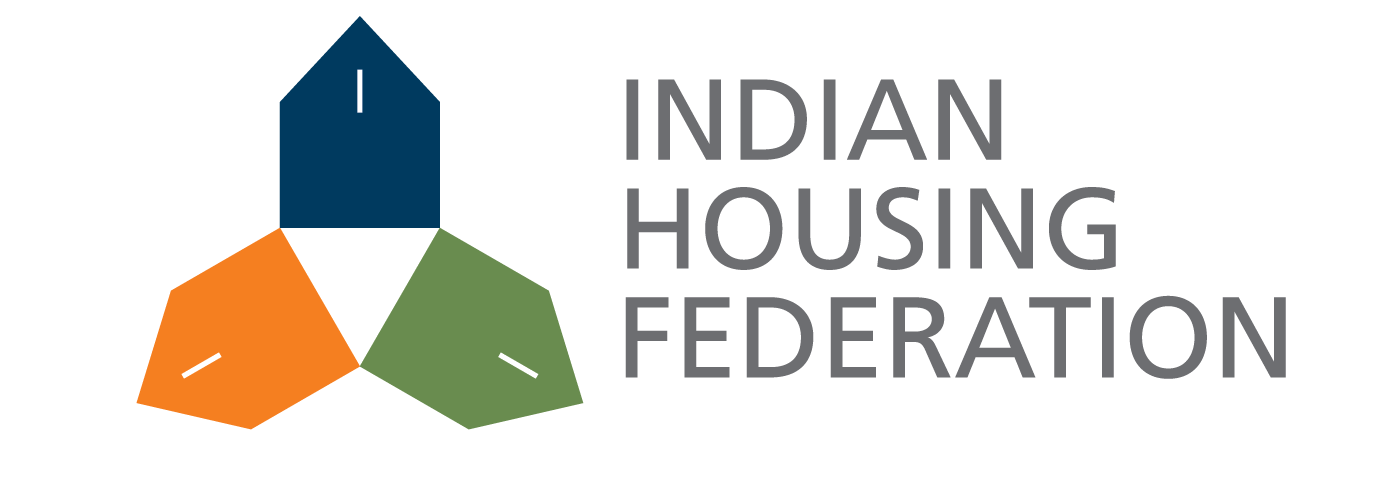Empowering Women through PMAY-U
Updated guidelines encourage female ownership and affordability
- By Simran Pal Kaur,
Research Associate, IHF
Home ownership by women creates a substantial impact on improving their quality of life. It ensures security in form of a safety net against economic shocks, improves social status, provides an equal say to women in management of household resources and reduces dependence on the male counterpart. However, centuries of tradition and patriarchal setups have systematically denied women the chance to own and invest in property. Often these social norms include: Change in marital status as a result of which women are denied property rights; preference for male family line for inheritance which prevent women from inheriting or owning property; and further disadvantage of intersectionality at the lower rungs of caste and class hierarchy. These are historically rooted norms in social, cultural and customary practices that are difficult for women to bypass in different social structures across the country.
Given the innumerable challenges that women face in accessing adequate and affordable housing, the Pradhan Mantri Awas Yojana - Urban (PMAY-U) scheme has been influential in enabling women’s ownership of pucca houses. The scheme, centred on ‘housing for all’, has played a significant role in enabling and furthering the cause of women ownership of housing by necessitating registration of the house in the name of the woman head of the family for ownership or joint ownership. It mandates that only if no adult female member is present in the family, the house can be registered in the name of the male member. In several instances, this scheme has empowered women especially from economically weaker section (EWS) and lower income group (LIG) households to fulfil their needs to own a pucca house along with the provision of basic amenities.
In 2018, the Ministry of Housing and Urban Affairs (MoHUA) released a publication titled, ‘Transforming Urban Landscape - Empowering Women through PMAY (U)’ to mark the occasion of PMAY-U’s 3rd anniversary. The publication entailed the stories of 35 women from across the country who shared their reflections on social security, dignity achieved in the journey of acquiring new homes, revived confidence after shifting from their kutcha house and the sheer joy in owning a house. These women were beneficiaries across the four verticals under PMAY-U - In-Situ Slum Redevelopment (ISSR), Affordable Housing in Partnership (AHP), Beneficiary Led Construction/Enhancement (BLC) and Credit Linked Subsidy Scheme (CLSS). The implementation of the scheme is not yet ubiquitous, but the expanding reforms are a much needed advancement.
Recent updates pertaining to women home ownership
Subsection 2.5 under Section 2 - Coverage - in the latest PMAY-U guidelines released in January 2021, lays emphasis on women home ownership and mentions the mandate of registration in the name of the woman head of the household. The inclusion of the name of female head will be ensured by valid registered title/sale deed/ownership documents for the house. The inclusion of the name shall also be allowed at a later stage, beyond the PMAY-U scheme period, i.e. even after 2022. Such cases shall not be levied any additional registration charges or stamp duty. The validated documentation of home ownership or co-ownership, and the permitted time flexibility for inclusion of name and exemption from additional costs, is a reassuring change not only for the low-income households but also for an ongoing housing scheme.
The guidelines further recommend the state governments to maintain nominal charges towards stamp duty and registration charges or exempt them fully for EWS and LIG households under PMAY-U. The regulation of stamp duty and registration fee are in the ambit of the state governments. While some states have taken the lead in implementing the recommendation of lowering charges, other states are also being encouraged to follow the suit. The regulatory and institutional interventions of a waiver in such charges will lower the financial burden on pursuing women or joint ownership while also restraining the impediments in ensuring affordability and fulfilment of housing aspirations. These gradual reforms since the launch of the scheme in 2015, are steps in the right direction.
--------------------------------------
Women’s ownership of housing and property has been a long-standing concern because of predominant cultural and social norms wherein property ownership by women is constrained by gender inequality in access to resources, money and power. In this backdrop, PMAY-U is providing subsidies for affordable housing and directing a path towards highlighting women's ownership rights, thereby contributing to women empowerment and realisation of their aspirations.

